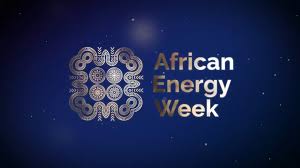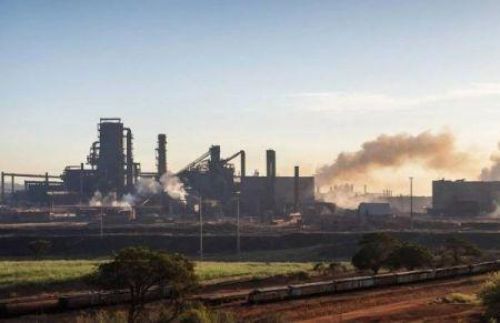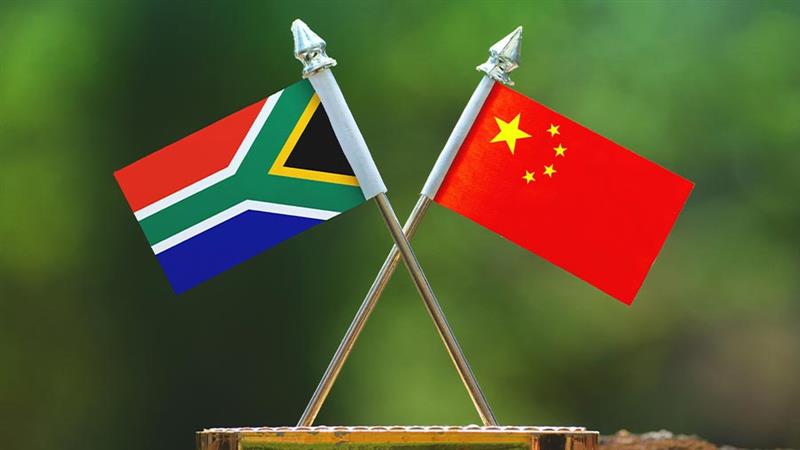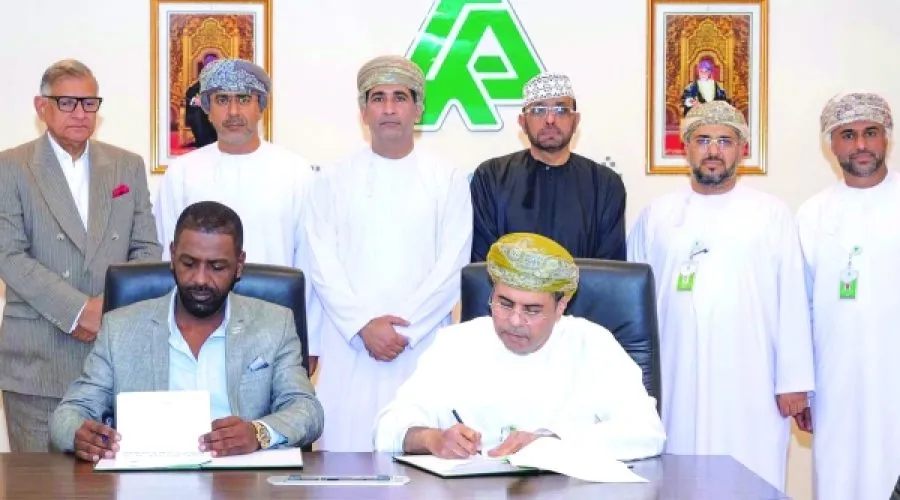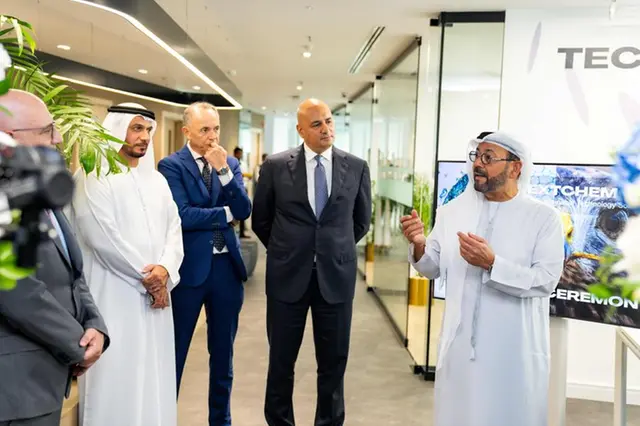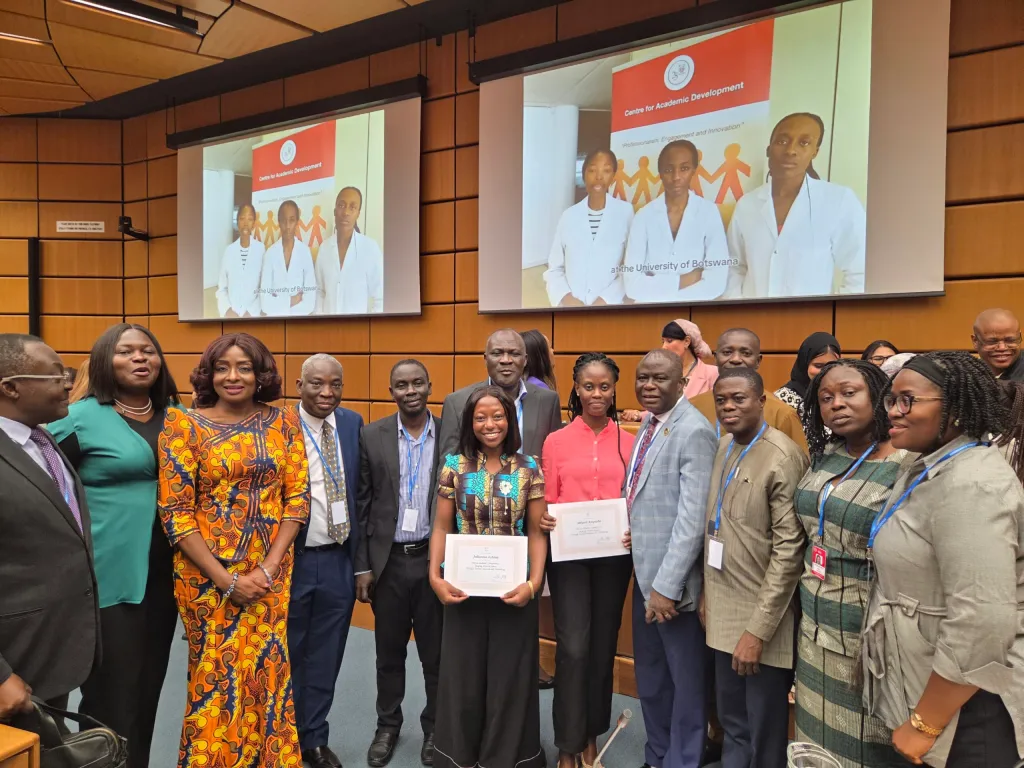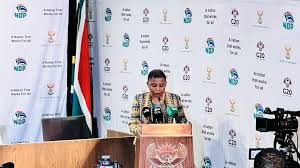Energy Other

South Africa warns illegal car imports threaten new energy vehicle goals, intra-Africa trade
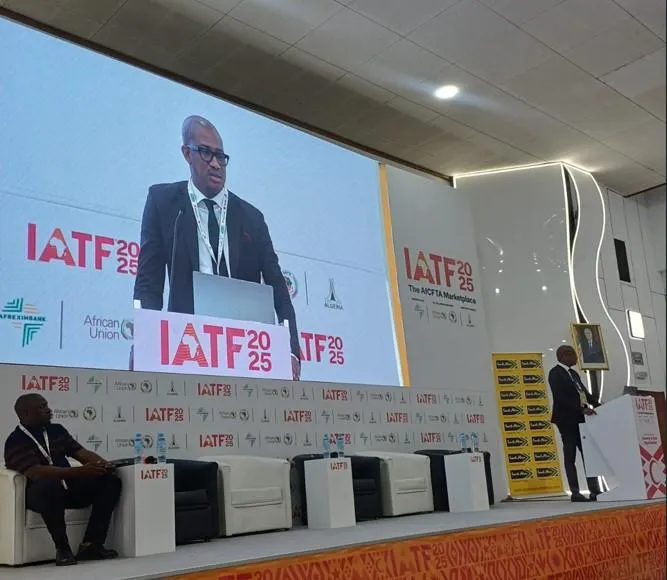
Deputy Minister in the Presidency, Kenny Morolong, has raised alarms that a surge of illegally imported second-hand vehicles is critically undermining South Africa's efforts to establish a thriving New Energy Vehicle (NEV) sector and hurting its potential for intra-African trade.
Speaking at an automotive dialogue at the Intra-African Trade Fair in Algeria, Morolong said the rampant entry of these "grey imports" poses a formidable barrier to local manufacturers striving to innovate in the sustainable automotive market.
“The promise of a New Energy Vehicle is within our grasp, but our progress is hampered by a persistent challenge, the flood of illegally imported second-hand vehicles. It is estimated that on our roads, there are over half a million illegally imported vehicles,” Morolong stated. He added that if these vehicles were a single brand, they would be the third most popular in the country's new vehicle market.
Economic Impact
The illegal trade is causing significant financial damage. Morolong said it costs the South African Revenue Service between R5 billion and R8 billion annually in lost taxes from evaded import duties and value-added tax. Recent statistics show this represents a 110% increase from R3.8 billion in 2020.
South Africa has become a "dumping ground" for approximately 30,000 substandard used cars from neighbouring countries like Lesotho and Eswatini.
Call for Continental Cooperation
Morolong emphasized that the African Continental Free Trade Area (AfCFTA) is the key tool to combat this issue and foster local production.
“This is precisely why the AfCFTA is more than just a trade agreement... It is our collective vehicle to move Africa beyond fewer than one million vehicles a year to become a globally competitive automotive powerhouse,” he said.
South Africa's Automotive Ambitions
Despite the challenges, Morolong highlighted the strength of South Africa's automotive industry, which is the largest manufacturing sub-sector, contributing nearly 5% to GDP and supporting close to half a million jobs. Domestic new vehicle sales grew by 17.5% in 2022, with over half a million new vehicles sold.
The country's Automotive Master Plan 2035 aims to produce 1.4 million vehicles annually by 2035, securing 1% of the global market. Morolong positioned South Africa as a "strategic gateway to Africa," powered by a skilled workforce and robust infrastructure, and called for greater collaboration across the continent to build a competitive automotive industry.




